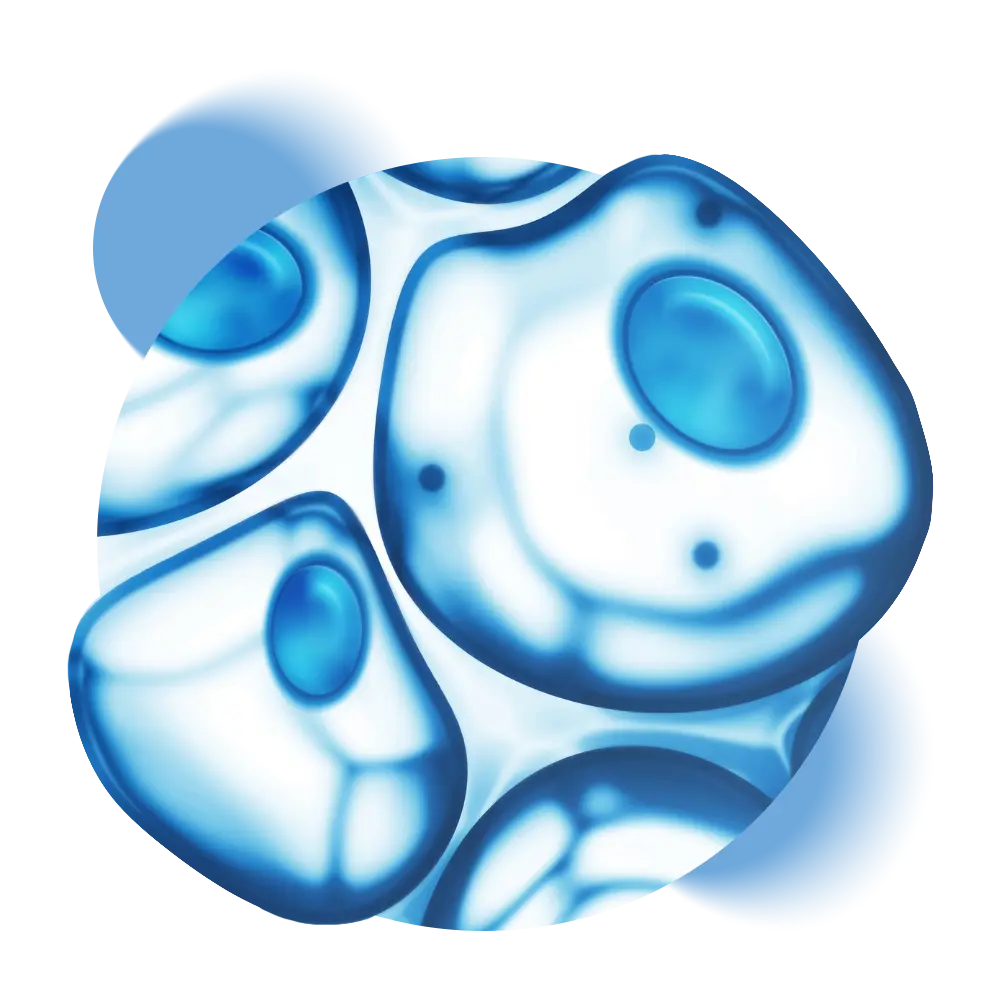Umbilical cord stem cells are a specific type of stem cells found in umbilical cord blood and tissue, as well as placental tissue. These cells possess unique characteristics that make them particularly valuable for medical research and the treatment of various diseases. Here are some key aspects:
Umbilical cord stem cells have the ability to transform into different types of cells in the human body. This makes them useful for tissue regeneration and repair of damaged organs.
Stem cells from umbilical cord and placental tissue demonstrate remarkable immunomodulatory capacity, reducing the risk of rejection when transplanted.
They are used in the treatment of various diseases, such as leukemia, anemia and genetic disorders. Umbilical cord blood stem cell transplantation can be a life-saving treatment option for some of these conditions.
Umbilical cord blood is collected at delivery and stored at our Biobank (the only FACT-NetCord certified in Switzerland) for future use. This provides a supply of compatible stem cells for the baby or family members should the need arise.
Umbilical cord stem cell research is constantly evolving. Scientists are investigating new ways to use them in the treatment of various diseases, including neurological and cardiovascular diseases.


It is difficult to draw the line between concrete therapeutic opportunities now and likely treatments in the very near future.
Today, umbilical cord stem cells offer a treatment option-often the only one-for patients with serious diseases, particularly of the blood, but not only. In the future, it is expected that thanks to stem cells, a solution can be found for a large number of very serious and widespread diseases.
Advances in science over the past few years make it possible to consider new therapeutic applications, particularly in the following fields:
Through certified and safe processes, we offer quality services that meet the highest standards of the biotech industry.

Certified Swiss Biotech company a leader in stem cell preservation.
